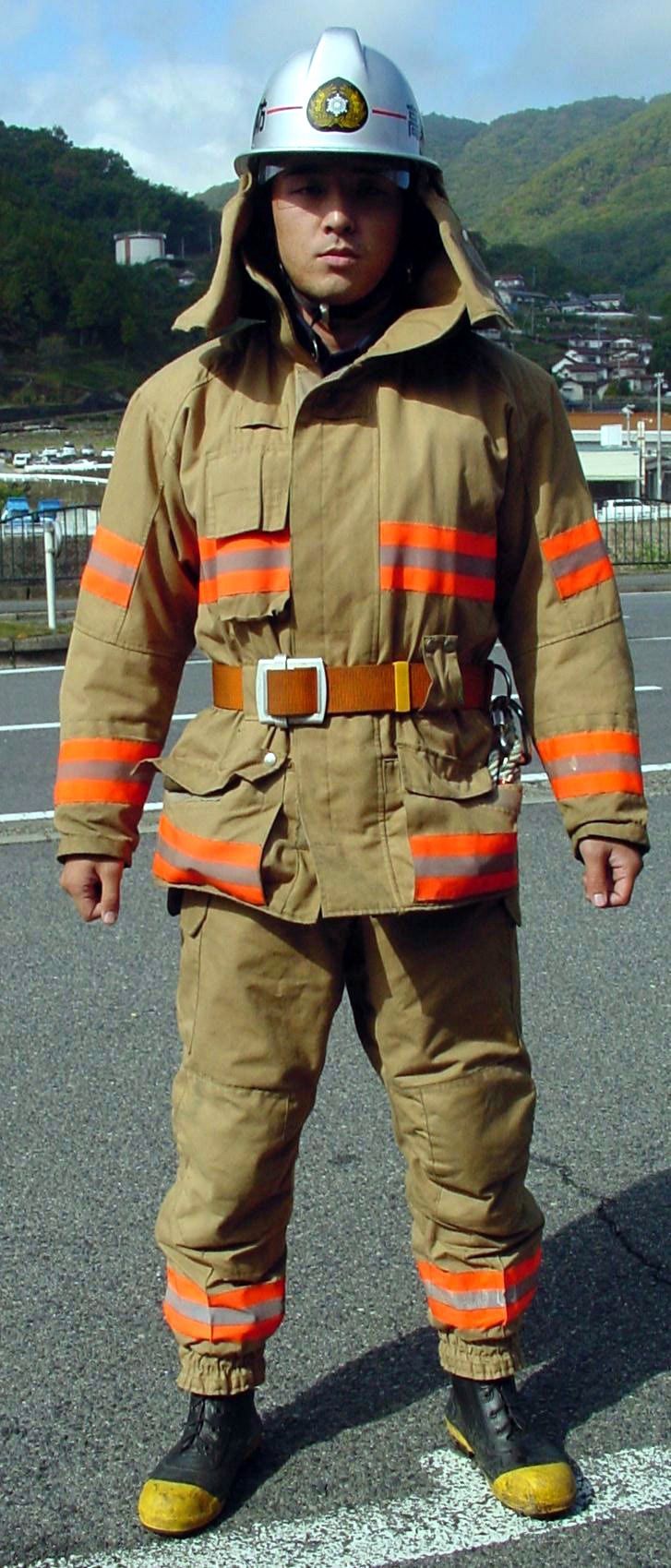
Fire-Resistant Materials in Aviation Workwear: Safety First
In the aviation industry, safety is paramount. One crucial aspect of safety that often goes unnoticed is the fire-resistant materials used in aviation workwear. These materials are designed to protect aviation personnel in the event of fire emergencies, which, although rare, can be catastrophic without proper protection.
The Importance of Fire-Resistant Materials
Fire-resistant (FR) materials are engineered to self-extinguish or resist burning when exposed to an open flame or extreme heat. In the aviation sector, where personnel may encounter jet fuel, electrical systems, and other potential fire hazards, these materials provide crucial protection by:
- Reducing the severity of burn injuries
- Providing valuable escape time during emergencies
- Preventing the uniform itself from becoming an additional fuel source
- Meeting strict international safety standards required for aviation operations
Common FR Materials in Aviation Workwear
Several fire-resistant materials have become standard in aviation workwear:
- Nomex® - An aramid fiber that doesn't melt, drip, or support combustion in air. It's widely used in flight suits and ground crew uniforms.
- Kevlar® - Often blended with Nomex to enhance durability while maintaining fire resistance.
- FR Cotton - Treated cotton that provides comfort while offering moderate fire protection, suitable for less hazardous environments.
- PBI (Polybenzimidazole) - A synthetic fiber with exceptional thermal stability, used in specialized aviation applications.
Saudi Arabian Standards and Regulations
In Saudi Arabia, aviation uniform safety standards align with international regulations but also account for the unique climate conditions of the region. The General Authority of Civil Aviation (GACA) in Saudi Arabia mandates specific requirements for fire resistance in aviation workwear, particularly for:
- Aircraft maintenance personnel
- Fuel handling staff
- Emergency response teams
- Flight deck crew members
These standards are rigorously enforced and reviewed regularly to ensure that all aviation personnel are adequately protected while working in potentially hazardous environments.
Balancing Safety and Comfort
One of the challenges in designing aviation workwear is balancing fire resistance with comfort, especially in Saudi Arabia's hot climate. Modern FR materials have evolved to provide:
- Enhanced breathability to reduce heat stress
- Moisture-wicking properties to improve comfort during long shifts
- Lightweight options that don't compromise on protection
- Durability to withstand frequent washing and industrial laundering
Implementation in Saudi Aviation Sector
Major aviation employers in Saudi Arabia, including Saudi Arabian Airlines, Royal Saudi Air Force, and airport authorities across the Kingdom, have implemented comprehensive FR workwear programs. These programs typically include:
- Regular training on the proper wear and care of FR uniforms
- Scheduled replacement cycles to ensure integrity of the protective properties
- Quality assurance testing to verify compliance with safety standards
- Custom designs that incorporate both cultural preferences and safety requirements
Future Developments in FR Technology
The field of fire-resistant materials continues to evolve, with research focusing on:
- Nanotechnology-enhanced fabrics that offer superior protection with less weight
- Smart textiles that can detect and respond to temperature changes
- Sustainable FR materials that reduce environmental impact
- Advanced cooling technologies integrated into FR fabrics for extreme climate conditions
Conclusion
Fire-resistant materials play a vital role in aviation safety, protecting personnel from one of the most serious hazards in the industry. As technology advances, we can expect even more effective and comfortable FR solutions for aviation workwear in Saudi Arabia and globally.
For organizations in the aviation sector, investing in quality FR uniforms isn't just about compliance—it's about demonstrating a commitment to employee safety and operational excellence.
Share this article
Related Articles
Aviation Uniform Care and Maintenance Guide
Tips for extending the life of your aviation uniforms while maintaining their safety properties...
Choosing the Right Materials for Security Uniforms in the Saudi Climate
A comprehensive guide to selecting materials that offer protection and comfort in Saudi Arabia's unique climate...